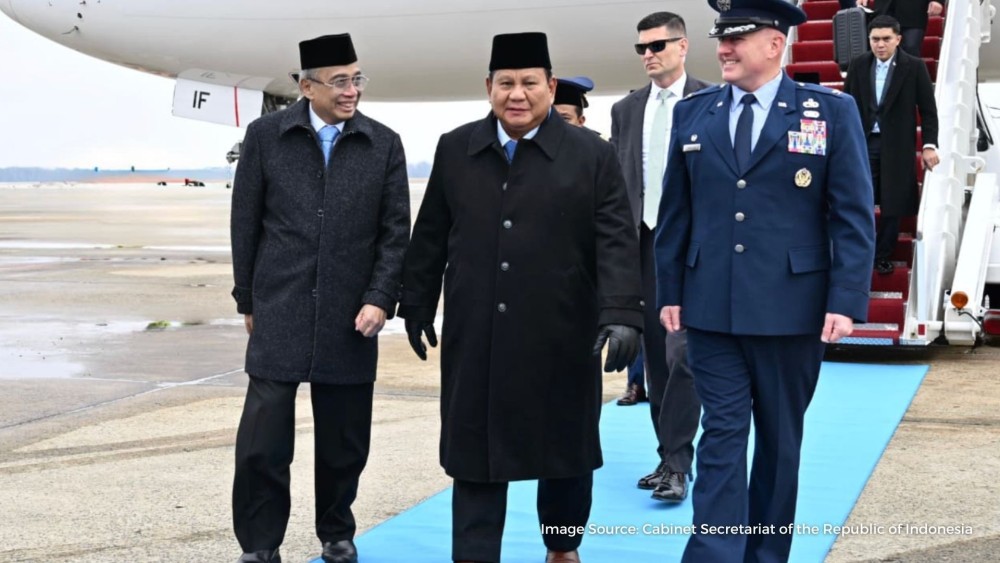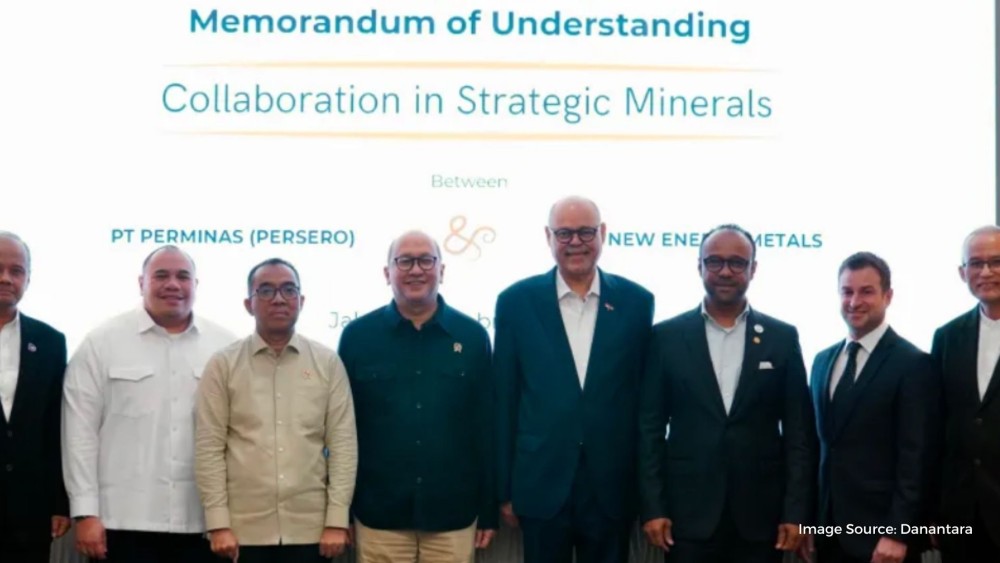Indonesia Prepares Incentives for Carbon Capture Projects
29 Feb 2024

he government is gearing up to introduce implementing regulations to incentivize CCS projects, as confirmed by Mr. Tutuka Ariadji, Director General of Oil and Gas at the Ministry of Energy and Mineral Resources, during a national event at the Indonesia Oil and Gas Institute (Lemigas) Office on February 20, 2024.
At the event, Mr. Ariadji stated that collaboration with the Ministry of Finance is underway to determine incentives, storage fees, and royalties for CCS development, following the issuance of Presidential Regulation No. 14/2024.
This regulation, which was passed in late January 2024, marks a pivotal stride towards Indonesia’s net zero emission targets, according to The Ministry of Energy and Mineral Resources in a written press release.
“This regulation will provide legal certainty for investors and business actors who want to engage in CCS activities,” Mr. Ariadji said.
Mr. Ariadji further informed that, out of 128 basins, 27 are discovery basins, with the remaining being prospective ones awaiting exploration. Among these basins, 20 are already producing, with the North East Java basin being the largest and the Bawean basin being the smallest.
Noor Arifin, the Upstream Oil and Gas Business Director at the Ministry of Energy’s Oil and Gas Directorate General, noted that the CCS regulation primarily addresses storage fees, with details on carbon tax still pending. Arifin stressed the importance of initiating CCS initiatives promptly, indicating that cross-border operations may proceed without waiting for carbon tax implementation.
“The most important thing is we put things in motion first,” emphasized Mr. Arifin, as quoted by The Jakarta Post.
Indonesia is developing a cross-border collaboration on CCS with Singapore. On February 15, the two countries signed a letter of intent, solidifying both nations‘ dedication to establishing a working group aimed at securing a legally binding bilateral agreement for the cross-border transportation and storage of carbon dioxide.
Data from Lemigas revealed Indonesia’s substantial CCS potential, with 572.7 gigatons of prospective saline aquifer storage resources and 4.85 gigatons of contingent depleted oil and gas reservoirs suitable for carbon capture projects.
Meanwhile, data released by the Coordinating Ministry for Maritime Affairs and Investment in late 2023 indicates that the country’s capacity for storing CO2 emissions could endure for 322 to 482 years, with an anticipated peak of 1.2 gigatons of CO2 equivalent by 2030.






